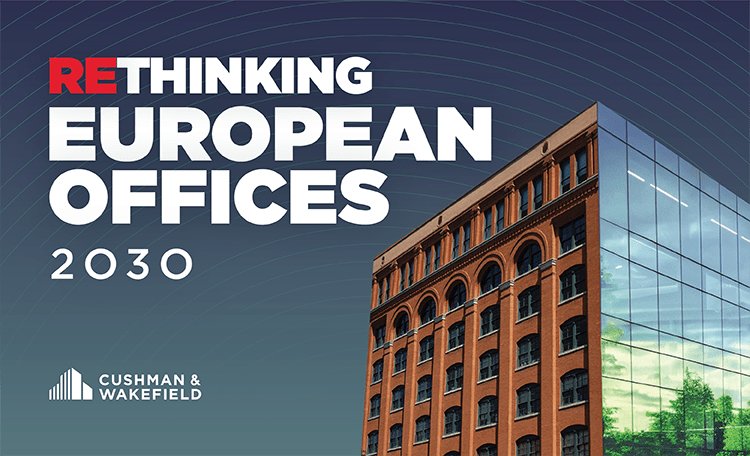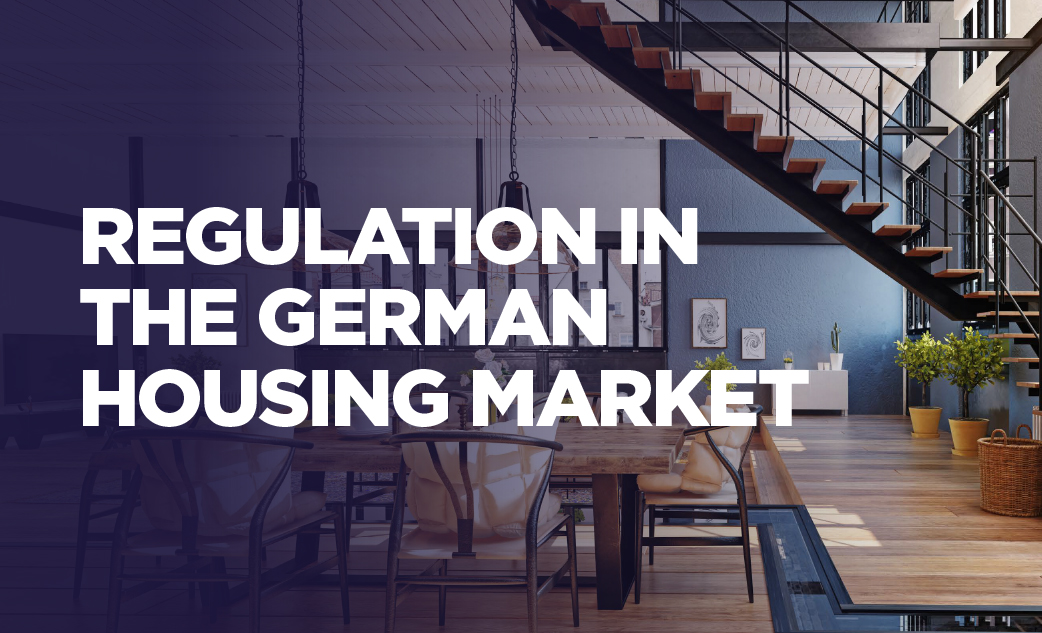Institutional investors expect purchase prices to fall in the short term and rents to rise in the short-to-medium term in the German healthcare property market. Real estate investors are increasingly looking to acquire nursing homes, senior residences, rehabilitation clinics, medical centres and medical care centres. These are the results of the "Investor Survey Healthcare Real Estate 2023" by international real estate consultancy firm Cushman & Wakefield, which also highlights changes since the first similar survey in 2021.
As part of the study, 125 asset and investment managers, property developers, family offices, REITs and fund managers who are involved in the German healthcare real estate market were surveyed. One of the results: While developers had no difficulties in achieving their sales and acquisition targets in the past twelve months, investors with a conservative acquisition strategy faced increasing challenges in the current market environment.
Integrated into diversification strategies
In detail, the survey results show that investing in healthcare real estate usually takes place as part of a diversified investment strategy. Investors seek to acquire various asset classes including healthcare and residential real estate. 88 percent of the surveyed market participants have invested in healthcare real estate and 65 percent in residential real estate at the same time. This combination makes obvious sense, as senior living and ambulant care link both asset classes.
Falling purchase prices, rising rents
Jan-Bastian Knod, Head of Residential Investment and Head of Healthcare Advisory at Cushman & Wakefield, summarises: "The investor survey shows that most investors expect prices to fall in the short term, but they are divided about what will happen over the next five years. The focus is currently particularly on their own portfolio; energy-saving measures are the first choice for many in order to sustainably upgrade properties."
Other focal points of the survey are investment goals and the degree to which they have been achieved as well as the investors' views regarding the financing environment. In the case of rents, the survey participants predominantly expect an increase in the near and medium terms. About 40 percent forecast an increase of up to 2.5 percent for the coming twelve months.
Germany-wide location strategy
Looking at the geographical focus, investor interest is not focused on a specific region or type of healthcare property, as these are system-relevant in cities and towns throughout Germany. However, specifically regarding medical centres and medical care centres a clear preference emerges for Germany's top-7 cities. Properties for assisted living are evenly distributed in A, B and C cities, while nursing homes are more frequently purchased in B and C cities.
Broad acceptance for project developments
A broad majority (61 percent) state that they invest in development projects or acquire these within the framework of a forward purchase. Another 14 percent are currently adapting their investment strategy to enable them to invest in this area in the future. The motivation here is the ESG conformity of many new development projects, which thus represent an attractive investment product. 25 percent of the market participants surveyed are exclusively involved in existing properties.
You can find the complete study here: Healthcare Real Estate Investor Survey 2023






